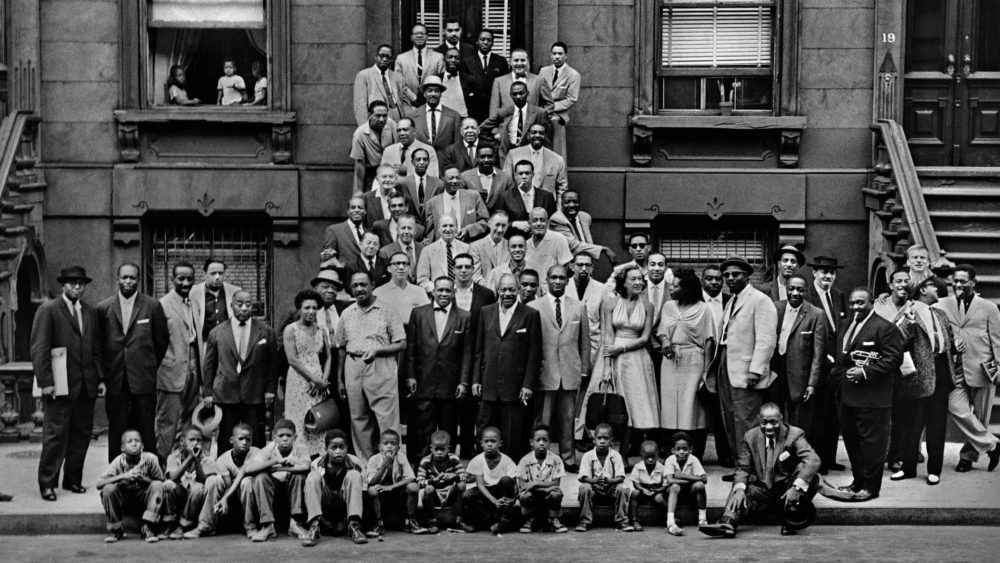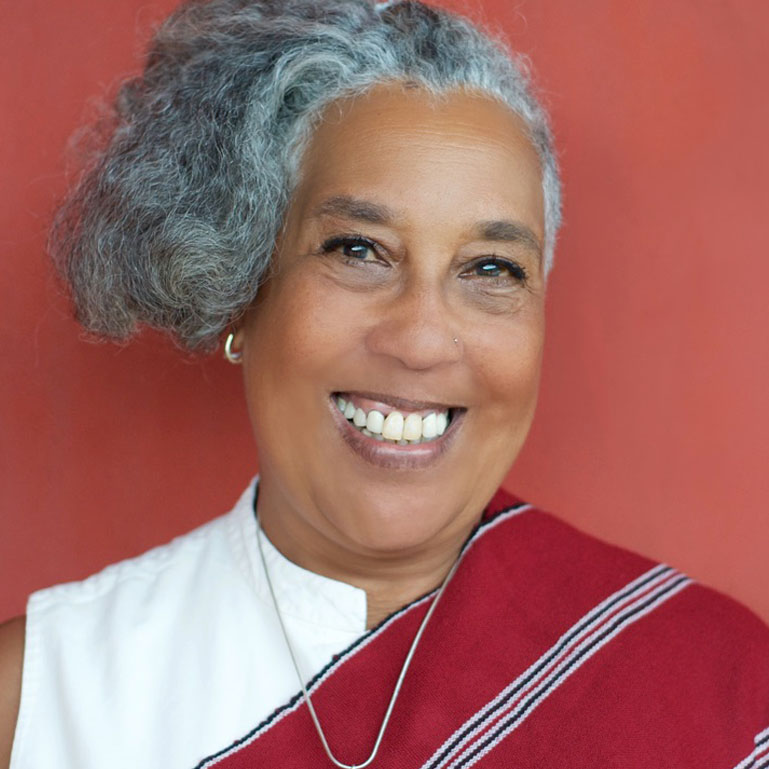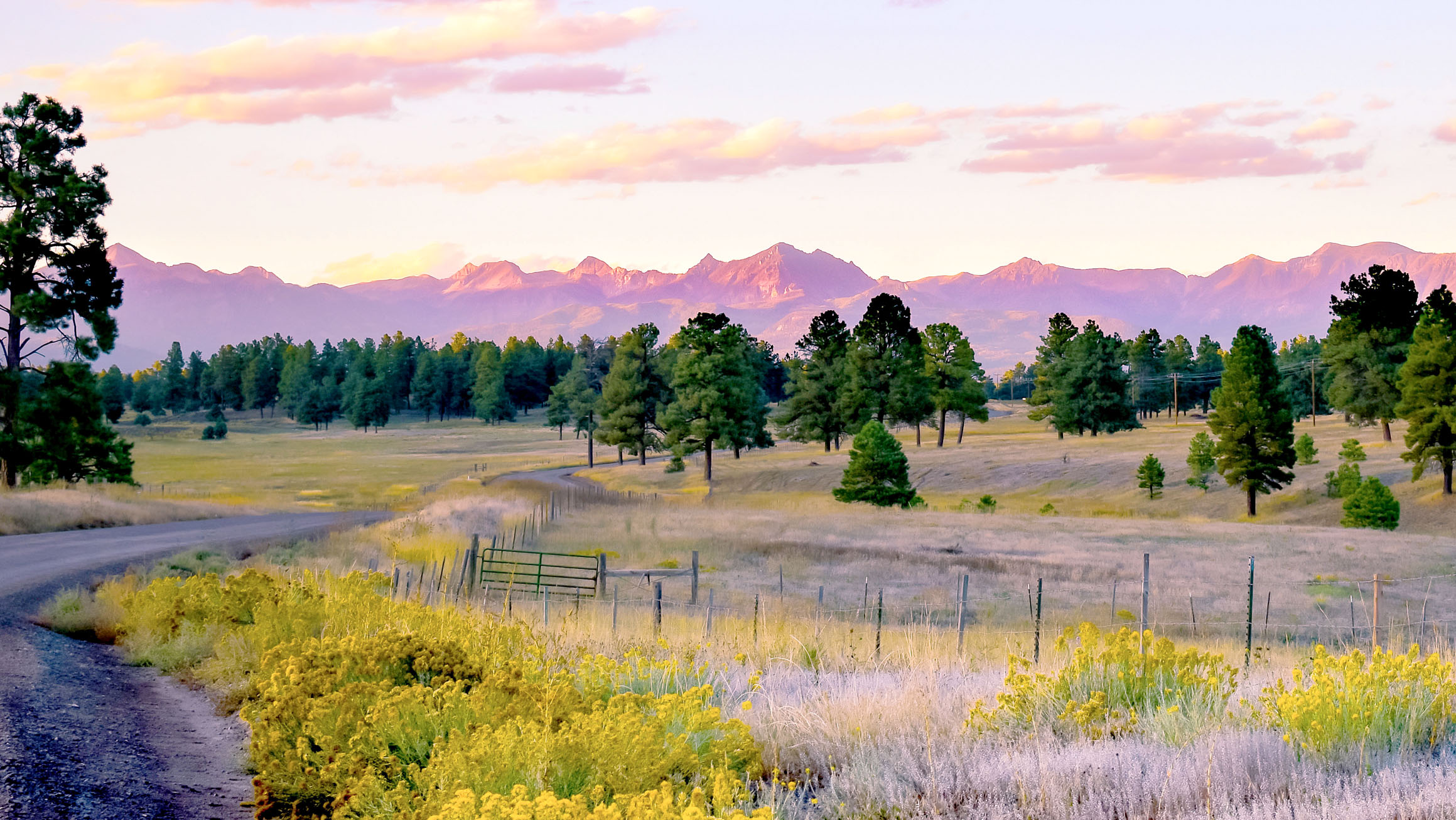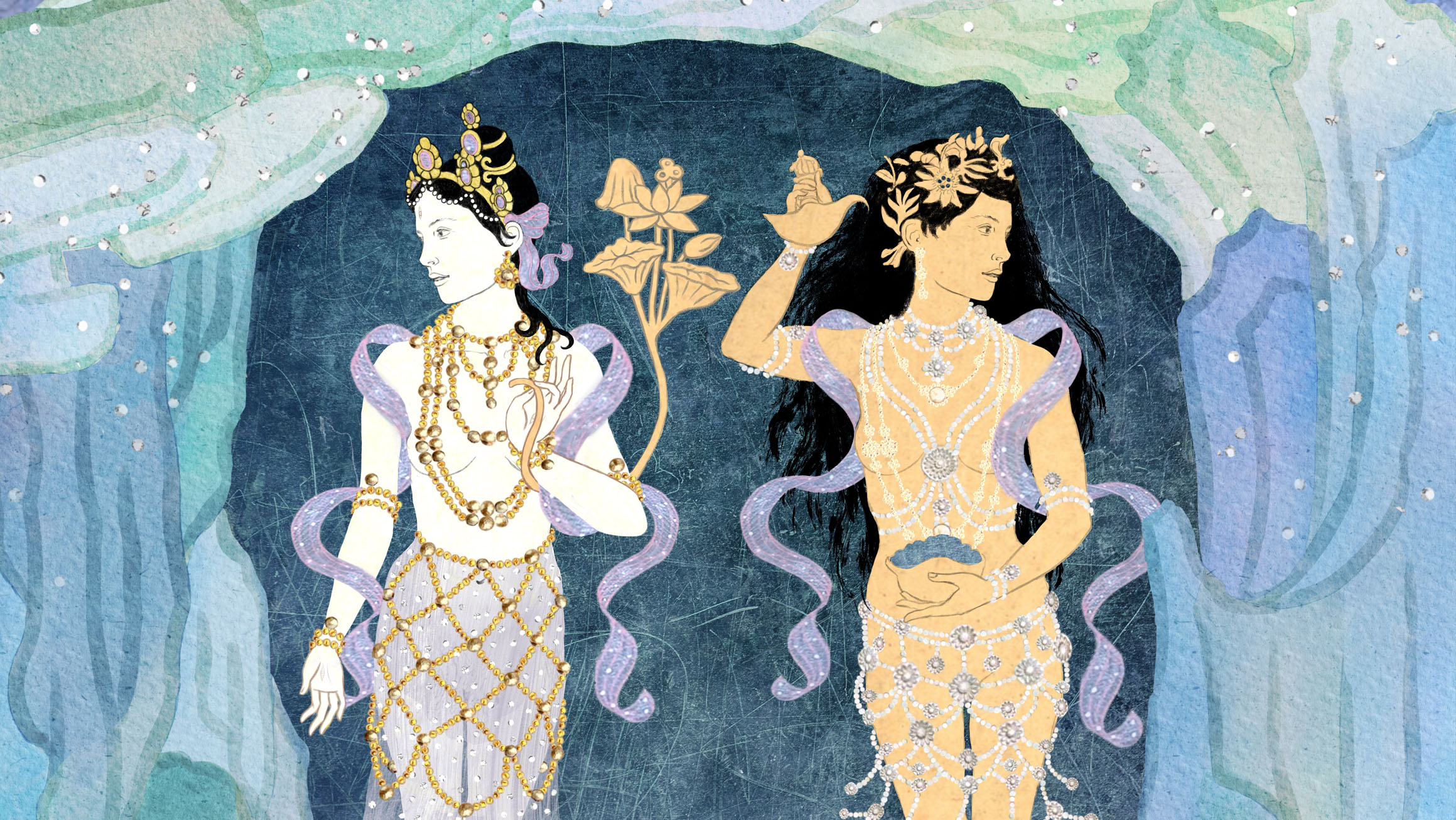February is Black History Month
As many of you may know, during the month of February in the United States we celebrate Black History. Black History Month began as Black History Week during the second week in February. In 1926, this week was chosen by its founder, the historian Carter G. Woodson, to align with the birthdays of Frederick Douglass and Abraham Lincoln.
Woodson was the child of enslaved people, and in 1912 he became the second Black man to receive a Ph.D. from Harvard University. Black History Week was envisioned as a time to highlight the contributions of People of African Descent who have been members of American society since 1619. He saw this week not only as a celebration, but also an acknowledgement of the contributions of Black people to the United States. In 1969, the Black students’ organization at Kent State University was the first to propose a Black History Month, which was observed for the first time in 1970.
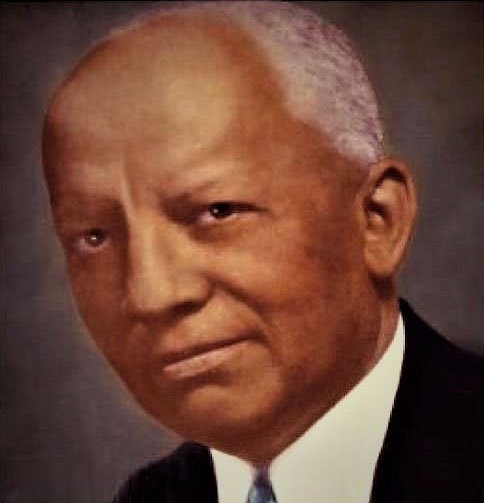
Photo: Carter G. Woodson
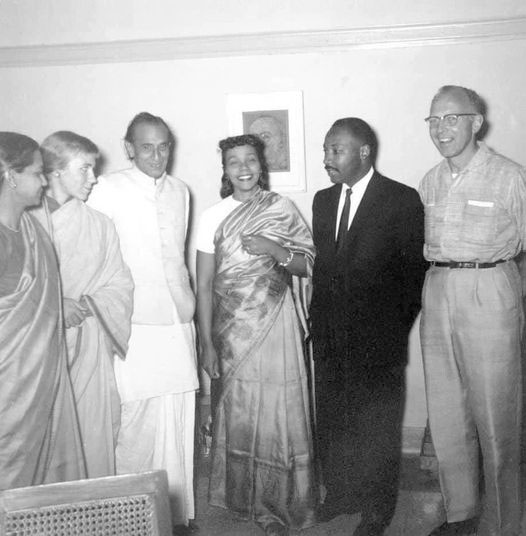
Photo: Martin Luther King Jr. and his wife Coretta Scott King, visiting India in February, 1959
Black History Month is an excellent time to increase your ‘Cultural Literacy’, as well as your knowledge of People of African Descent, their contributions, and their cultures. The African Diaspora is large, covering every continent, and thus the activities of this month are beneficial for everyone. bell hooks, who recently joined the ancestral realm, wrote an essay entitled “Loving Blackness as Political Resistance” as an effective strategy for increasing cultural knowledge, dissolving white privilege, and ameliorating anti-Blackness.
I invite you to join me in a friendly challenge. As information about People of African Descent abounds during February, let’s use the next few weeks to learn something new about people of African descent, both in the Americas and throughout the African Diaspora, every day. Feel free to share a bit of what you learned on the new Tara Mandala Network of which you are a member. This is an enriching and fun way to share the information we glean.
Don’t know where to start? Here are a few ideas and resources that can get you on the path:
- Visit a local art exhibit featuring work by Black artists and creators, or find other ways to appreciate and support Black artists.
- Enjoy the wealth of videos and films about Black History on YouTube, Netflix, TikTok, and other video streaming services, and support other Black creators on these platforms.
- Explore some incredible works of Black literature, including novels, poetry, science fiction, and more.
- Dive deeper into Black history by exploring the ancient and post-colonial histories of Africa, the difficult legacies of colonialism, and the local histories of Black people wherever you may be.
- Read up on current immigration policies, movements, and challenges facing Black communities in America and abroad.
- For more ideas, check out this 28-day Checklist from Because of Them We Can (becauseofthemwecan.org) and our growing Tara Mandala EDI Resources list.
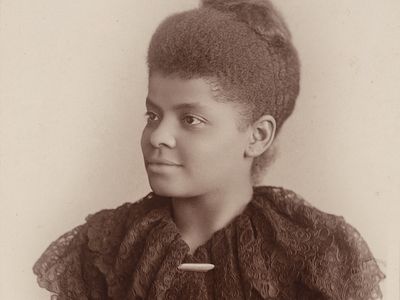
Photo: Ida Bell Wells-Barnett (1862 – 1931) – An American investigative journalist, educator, and early leader in the civil rights movement.
I am looking forward to learning with you.
Karla J-B
Co-Chair EDI Council
hooks, bell. “Loving Blackness as Political Resistance”. In Black Looks: Race and Representation. Boston: South End Press, 1992
Lopön Karla Jackson-Brewer
Lopön Karla Jackson-Brewer, M.S., Tara Mandala Senior Teacher, has been practicing Chöd for over three decades and has assisted Lama Tsultrim on many Chöd retreats. She has co-taught Chöd since 2013 with Lama Tsultrim and Dorje Lopön Chandra Easton. She has also taught and led Chöd Practices for the NYC Tara Mandala Sangha which she leads. In October 2012, she received the Chod Empowerment from His Holiness the 17th Karmapa, Orgyen Trinley Dorje. She leads a monthly BBIPOC meditation practice for Tara Mandala. Karla is a founder of Sine Qua Non: Allies in Healing, an Integrative Therapy Practice in New York City. She is an adjunct Professor in the Women’s & Gender Studies Department and the Africana Studies Department at Rutgers, The State University of New Jersey. Karla is an initiated priest in the West African system of Ifa.

